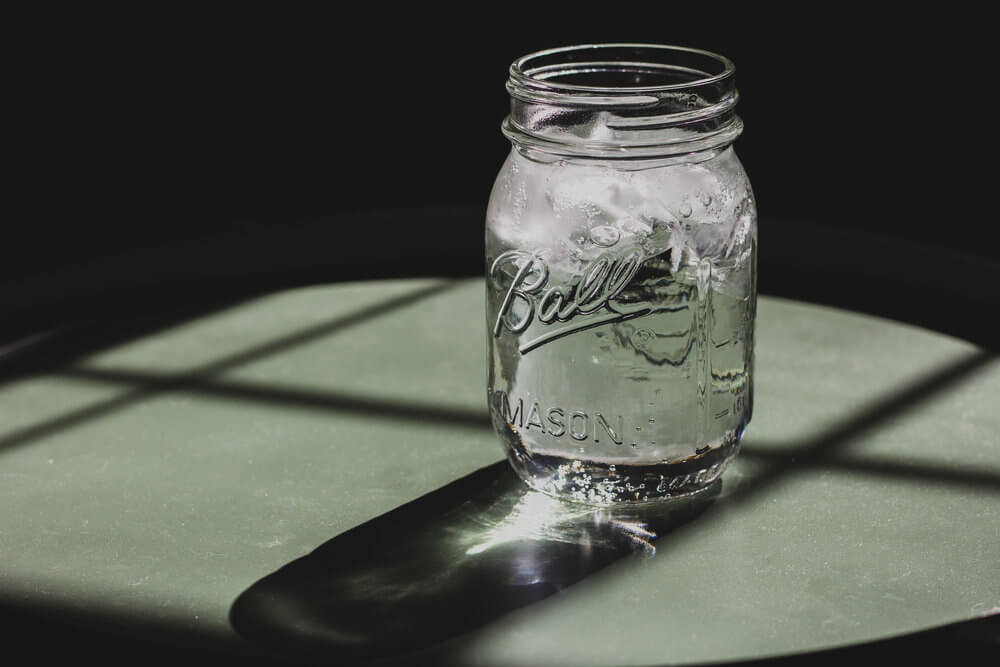Is sparkling water safe?
People often assume that sparkling water is a healthy alternative, but some have suggested that it’s not as great as it seems. Is sparkling water bad for your teeth? Here is what you need to know about sparkling water.
Plain sparkling water, with no added sugar or salt, is pure water that has been carbonated. In this process, pressurised carbon dioxide gas is dissolved into a liquid. As a result of this, carbonic acid is created. This process is the same as that used to produce carbonation in soda.
The potential danger is that the carbonic acid could possibly harm your teeth. After all, it is an acid. Acidity in the mouth can attack your enamel (the protective outer layer of your teeth), leading to tooth enamel erosion, sensitivity, and tooth decay. So, what we need to know is: is the acidity of sparkling water high enough to attack and harm your tooth enamel?
LET US BRIGHTEN YOUR SMILE! CONTACT MORGAN STREET DENTAL CENTRE ON 69219500 TO SEE WHAT TEETH WHITENING TREATMENTS WE OFFER.

Sparkling Water’s Effects on Your Teeth
pH (acidity) is the main factor in a beverage’s ability to erode teeth. A pH below 4.5 or so can cause harm to your teeth. The lower the pH, the more acidic a beverage is, and the more it can attack your teeth. Ordinary tap water usually has a pH between 6 and 8, which is just about ideal for the mouth which has pH of about 7.4.
Carbonated water has a pH around 5. It is still in the safe zone, as erosion becomes much more likely when the pH drops below 4.5. But when flavours are added, notably the commonly used citric acid, trouble begins as a substantially lowered pH can erode tooth enamel, leading to a series of dental problems.
A 2007 study in the International Journal of Paediatric Dentistry showed that flavoured sparkling water can have a pH as low as 2.7, which is far below the safe pH level and equivalent to the erosive power of orange juice.
Most dentists will say that the best beverage to drink for your oral health is fluoridated water, but sparkling water seems to present a minimal risk, as long as it is unflavoured. To keep your teeth as healthy as possible, the ADA recommends swapping sugary beverages for carbonated water, but not replacing regular, fluoridated water with carbonated water.
Safe Drinking For Sparkling Water
The following advice goes for sparkling water and all carbonated or sugary beverages.
- Drink with a meal. Eating increases the production of saliva, helping to neutralise the effect of acid on our teeth.
- Drinking sparkling water with a straw. Using a straw minimises contact between carbonic acid and tooth enamel.
- Drink it plain. Flavoured sparkling water often has destructive added sugars and adding fresh lemon or lime increases acidity, which can increase the potential for tooth erosion.
- Follow it with water. Drinking regular water after drinking sparkling water rinses the teeth.
- Wait 30-40 minutes before brushing. Right after drinking a carbonated beverage, the tooth surface is slightly acidic and weakened. So wait to brush after drinking carbonated beverages to prevent damage to tooth enamel.
Other ways to protect your teeth
What else can you do to protect your teeth from cavities and dental erosion? If you have some sensitivity, specially formulated toothpastes may help strengthen tooth enamel, replenish natural calcium and protect against tooth sensitivity.
Your dentist can also help you maintain your teeth. Regular dental checkups can detect signs of early tooth decay when it is easier to correct or reverse. Making the switch from sugary drinks to unsweetened sparkling water can help protect your teeth, but it’s not the only thing you can do to keep your smile as healthy as possible.
If you are interested about improving your smile and oral health, get in touch with our Wagga dentist today!
